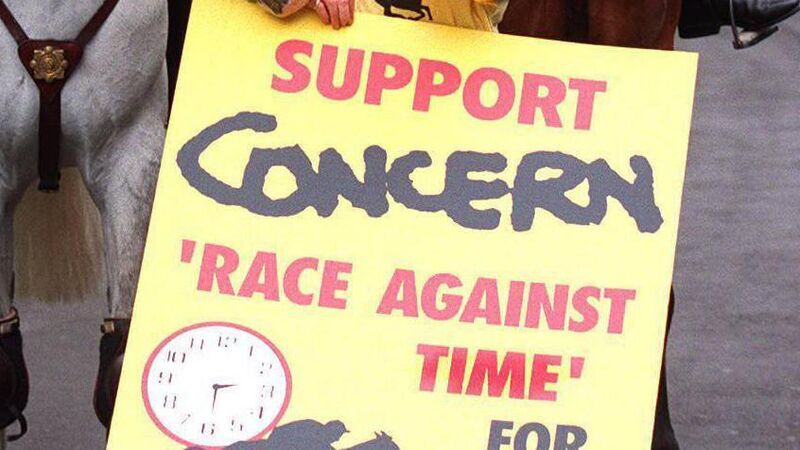Your View: Ireland always shows its concern for downtrodden

The message to the 4,780 Concern staff, who all work in remote or insecure parts of the world, is simply this; the Irish public have your back, they are not going anywhere.
Try from €1.50 / week
SUBSCRIBEAs we approach our second Covid Christmas, it is important to remember that, if it is tough in Ireland, it has become almost unbearable in many parts of the world. And it’s not just because of the pandemic.
The combination of Covid, climate change, conflict and the rising cost of food is driving
millions of people to desperation. Famine, which we thought was consigned to history, is back
with a vengeance and 43 million people are now on the brink of starvation.
Already a subscriber? Sign in
You have reached your article limit.
Annual €130 €80
Best value
Monthly €12€6 / month
Introductory offers for new customers. Annual billed once for first year. Renews at €130. Monthly initial discount (first 3 months) billed monthly, then €12 a month. Ts&Cs apply.
Newsletter
Sign up to the best reads of the week from irishexaminer.com selected just for you.

Select your favourite newsletters and get the best of Irish Examiner delivered to your inbox
Monday, February 9, 2026 - 5:00 PM
Monday, February 9, 2026 - 5:00 PM
Monday, February 9, 2026 - 5:00 PM
© Examiner Echo Group Limited